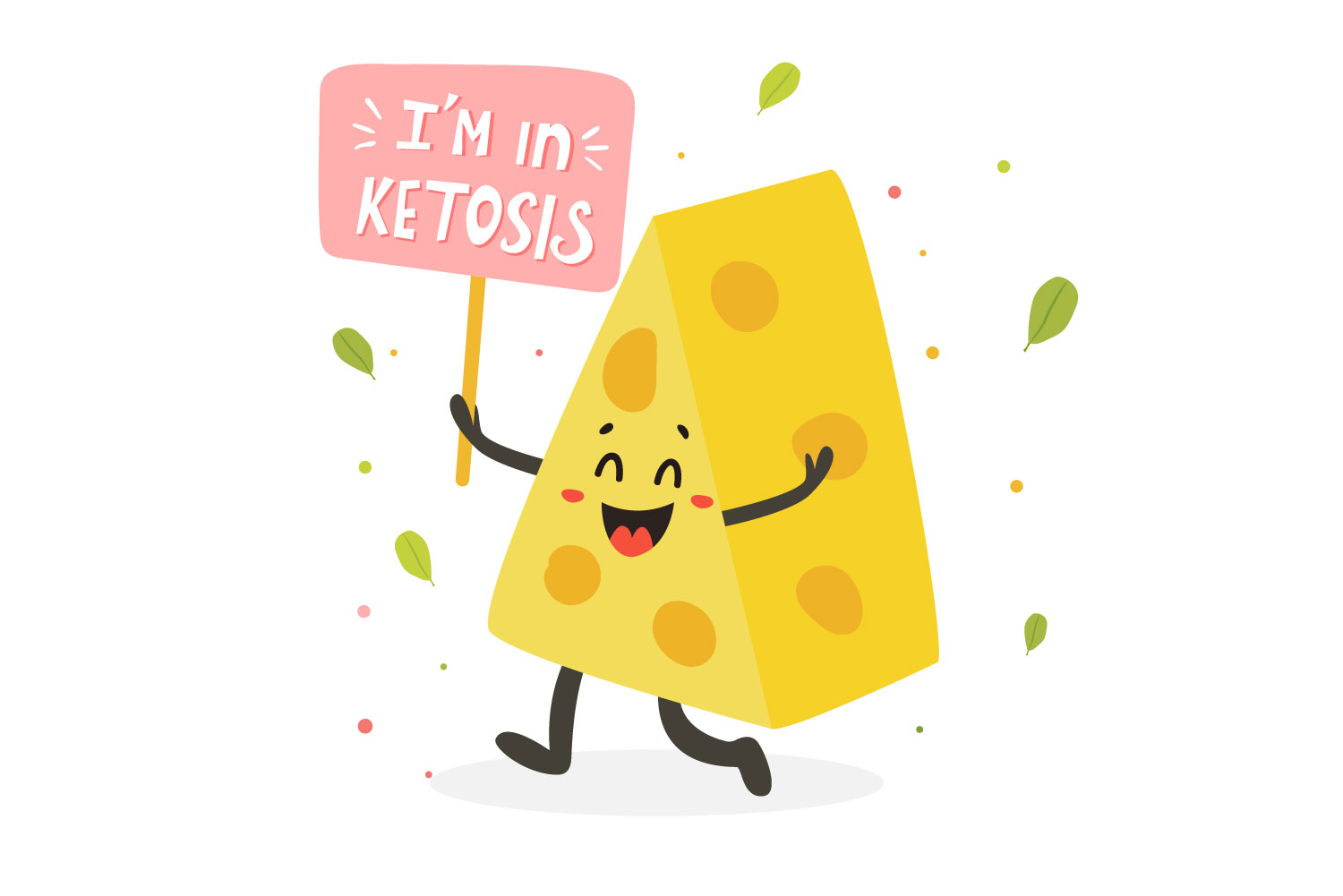SUMMARY
Social media addiction can steal your time and negatively impact your quality of life. A social media detox can help you put the brakes on this bad habit.
Social media has changed our lives in some pretty amazing ways.
It’s given us a way to stay in touch with each other. If you have a Twitter or Facebook account, you have the ability to easily connect with those around you. You can build a friendship with that interesting person you struck up a conversation with at the coffee shop last week. And you can use these networking sites to reestablish ties with that childhood bestie you haven’t seen since grade school.
This innovation has also given us a platform we can use to reach an audience that goes far beyond those in our inner circle. Social media provides you with a way of getting your voice heard and your message circulated to a wide swath of people.
Unfortunately, social media also has the power to influence our lives in ways that are a lot less positive.
This innovation can negatively impact our mental health. It can also inspire addictive behavior that can have detrimental effects on our well-being.
Do you worry that you’re perhaps wrestling with a social media addiction? Would you benefit from a social media detox?
In this article, we will:
- Give some background on how social media works, and talk about its similarity to activities such as gambling
- Explain how excessive social media interaction can negatively affect your mental health
- Define social media addiction, and show you how you can tell if you suffer from this affliction
- Provide you with a step-by-step guide for undertaking a social media detox and provide you with long-term strategies for success
- Share some of the benefits you can expect to receive from your detox
How social media works
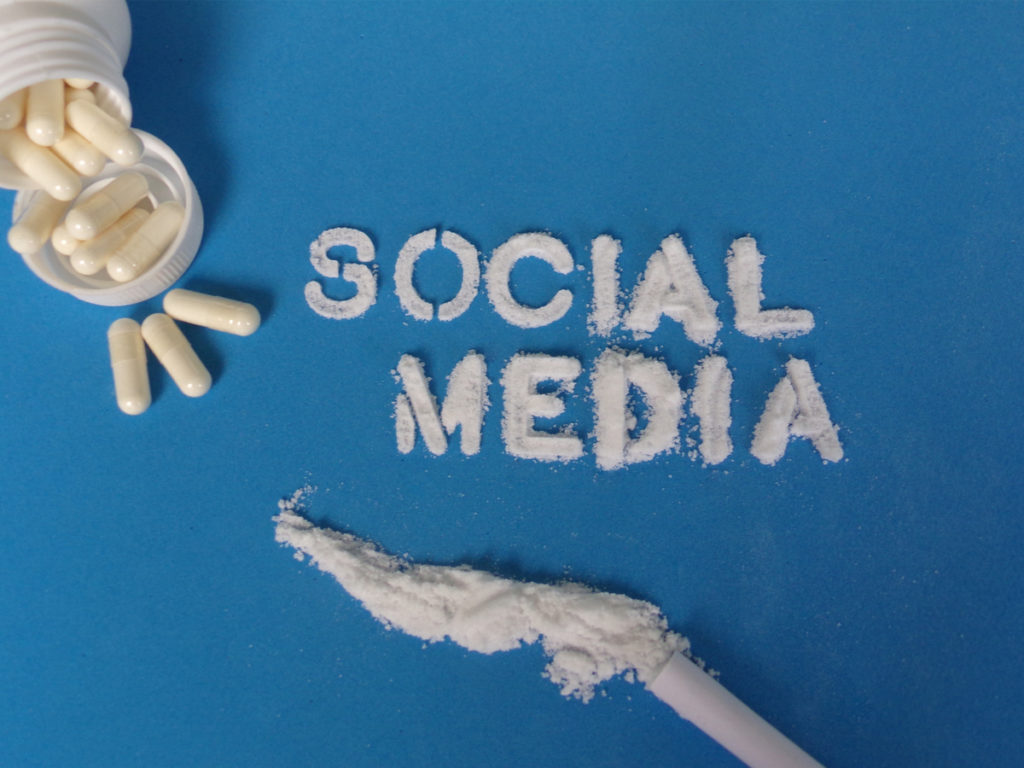
Social media can be very addictive. This isn’t an accident; it’s designed to have that effect on users.
You know that rush of pleasure you feel when someone likes your Instagram post? That’s dopamine flooding your brain. Social networking apps are expertly designed to induce that dopamine rush so you can become a regular customer. These apps produce neural circuitry similar to that created by gambling and recreational drugs.
The brain has reward centers that can impact the sensations we feel and the decisions we make. When you have an experience that feels rewarding, or when you ingest an addictive substance, it causes dopamine levels to rise in these parts of your brain. This leaves you with a pleasurable feeling.
Positive feedback

Getting positive feedback from others can be rewarding. Social media is designed to inundate you with this kind of feedback and keep you thirsty for more. We relish the attention every time one of our posts gets a like, a share or a retweet on a social networking site.
After a while, this changes the wiring of the brain in ways that cause us to actively seek out the positive reinforcement that we can get from being active on a social media platform. This keeps us glued to our devices, always on the hunt for favorable feedback.
Center of attention
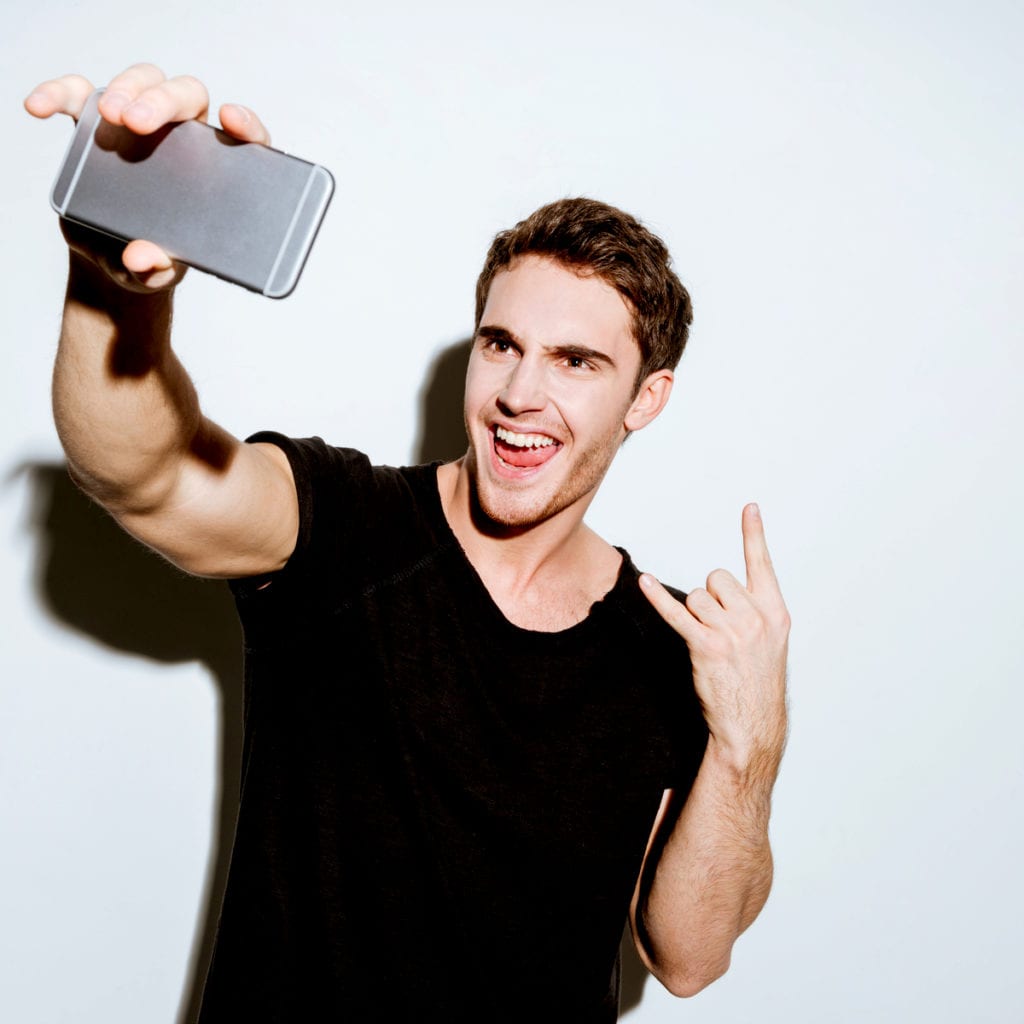
There’s another reason why many of us love spending time on social media.
Most people love being the center of attention. The reward centers of the brain tend to light up like a Christmas tree when we’re talking about ourselves. We may not get the opportunity to do this too often in real life, but with social media, it’s a different story.
Social media platforms are explicitly designed to help us showcase our life and accomplishments. Whether it’s via Facebook usage or an Instagram post, we spend most of our time on these platforms talking about ourselves and sharing our victories and successes.
The act of doing this feels good, and this causes a release of dopamine. To keep the high vibe going, we may feel compelled to maintain or increase our social media activity.
Social media’s impact on mental health
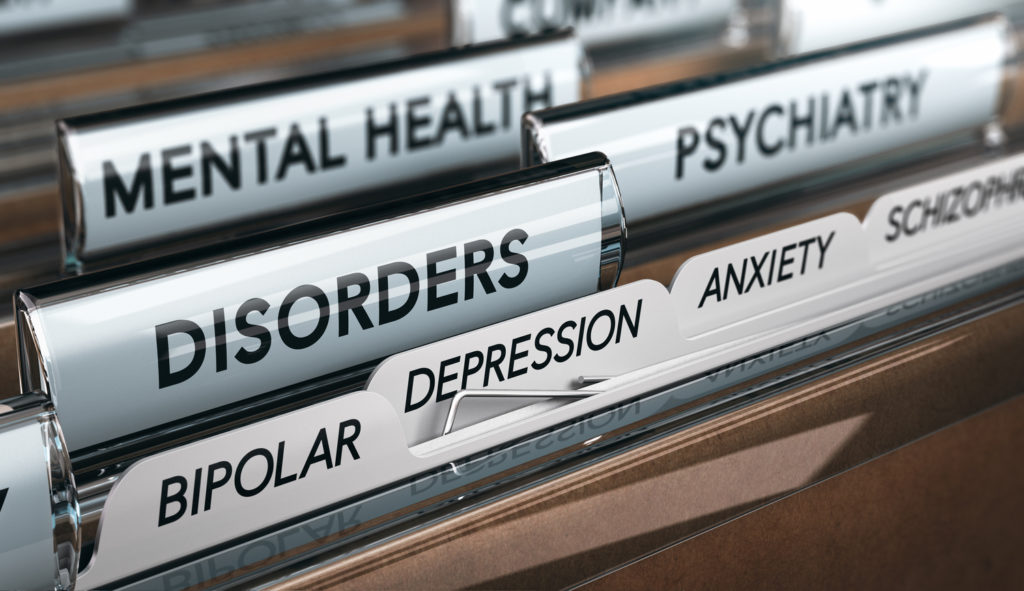
Social media presents us with curated versions of other people’s lives and accomplishments. This invites us to compare our lives with the lives of those around us.
In some cases, this social comparison can be inspiring. Seeing images of someone with a lean, healthy body on a social platform may encourage us to make fitness a priority. And scrolling through posts made by that acquaintance with a great career and beautiful home may light a fire that causes us to work harder so we can achieve similar success.
Unfortunately, though, social media use isn’t always this uplifting. In many cases, subjecting our lives to comparison can leave us feeling unhappy and inadequate. This can ultimately trigger mental health issues.
Depression

There is research linking social media use to depression. In a 2016 study that involved 1,787 young adults between the ages of 19 and 32, participants who spent the most time on social media each day were far more likely to experience depressive symptoms than those with less social media interaction.
Fear of missing out
Social media impacts our mental health in another way: It can sometimes trigger the fear of missing out (FOMO). FOMO is the worry and anxiety we may feel if we suspect that we’ve been excluded from certain happenings and social events.
If we see a post involving a party or gathering that we weren’t invited to, it could bring all the anxiety that comes with FOMO bubbling to the surface. A 2018 study linked FOMO with problematic social media use.
Staying up to date on social media with what our friends and acquaintances are doing sometimes requires a huge time investment. FOMO is often the driver that compels us to spend our valuable time trying to keep up with the comings and goings of those around us.
Negative body image

Instagram and Facebook users are often presented with gorgeous images of perfect-looking people. These photos are carefully curated to capture their subjects in the most flattering light. And in many cases, these images have also benefited from photoshopping that’s designed to remove any hint of a flaw. The end result is a photo that has little to do with actual reality. It sets up beauty standards that are difficult, if not impossible, to attain.
Many of us realize all this. Still, it’s all too easy to get sucked into the trap of comparison. This can lead to low self esteem and negative body image. Research shows that social media use can have a big impact on body image concerns. It can also be a catalyst that leads to disordered eating.
What is social media addiction?
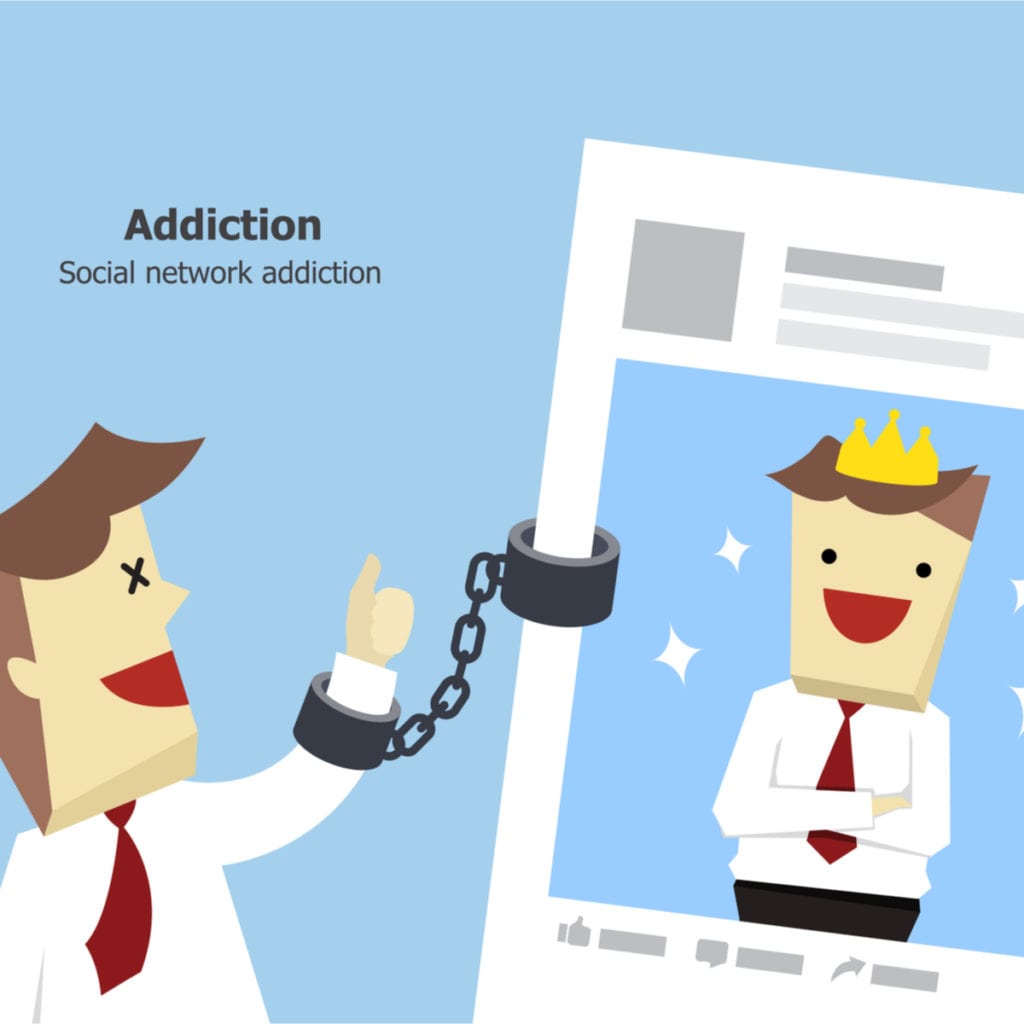
Social media addiction (also known as social network addiction) is a type of behavioral addiction.
Most of us are aware of substance addiction. That type of addiction involves a psychoactive substance such as alcohol or drugs. Behavioral addictions are different.
With behavioral addictions, there are no psychoactive substances involved. Instead, these addictions concern the failure to resist an impulse to perform an act that has negative consequences. This act may be harmful to yourself or others.
Behavioral addictions are similar to substance addictions in certain ways. People with behavioral addictions often report feeling a strong urge or craving prior to engaging in the behavior. This is the same feeling a drug addict or alcoholic gets before using drugs or alcohol. There is tension prior to committing the act. Once the act is completed, anxiety is decreased and the mood is lifted. There is a palpable high. To maintain this high, we feel compelled to repeat the behavior.
True social media addiction has the same qualities as substance addiction:
- Mood modification – social media use causes a rush or high
- Salience – social media use dominates your thoughts
- Tolerance – as time goes on, you need to spend more hours on social media to satisfy your itch
- Withdrawal symptoms – if social media use is restricted or curtailed, you experience unpleasant physical or emotional symptoms
- Conflict – your social media use causes problems in other areas of your life
- Relapse – after a period of abstaining from social media, you find yourself returning to your old ways
According to one survey, 39 percent of all online users in the U.S. feel as if they’re addicted to social media. This number climbs even higher for those in the 23-38 age range; 52 percent of those users describe their relationship with social media as an addiction.
Are you a social media addict?
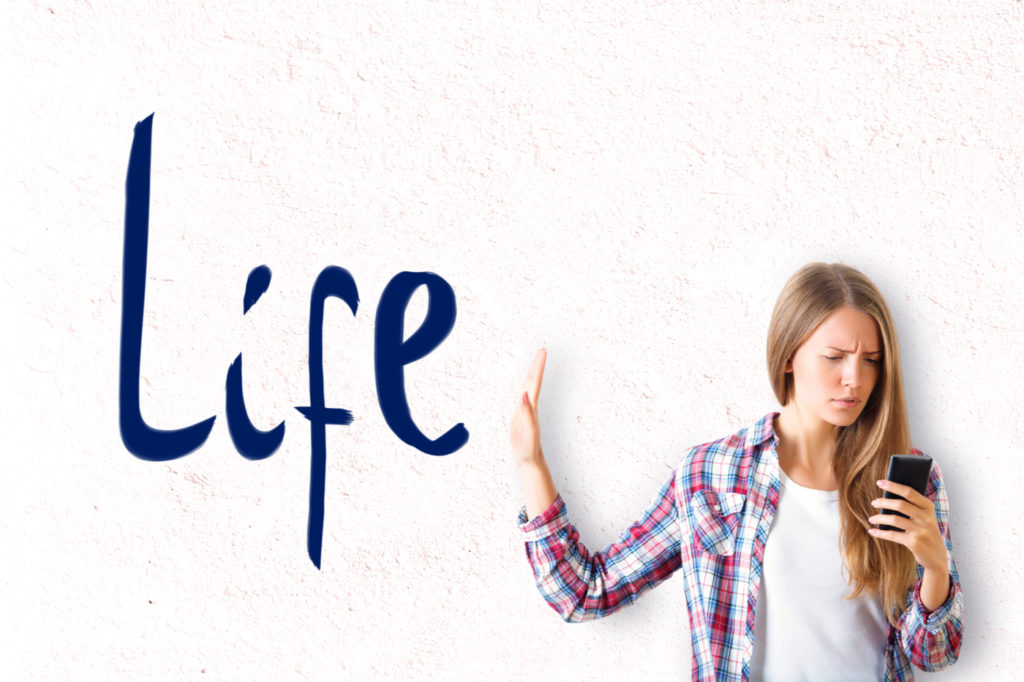
To find out if you have a social networking addiction, ask yourself these questions:
- Are you constantly thinking about social media?
- Do you feel a need to increase the amount of time you spend on social media?
- Is social media usage a way for you to escape your personal problems?
- Have you unsuccessfully tried to spend less time on social media?
- Do you become anxious or worried if you’re unable to spend time on social media?
- Has your social media use had a negative impact on your personal or professional life?
If you answered “yes” to more than three of these questions, you may be suffering from social media addiction.
How to give yourself a social media detox
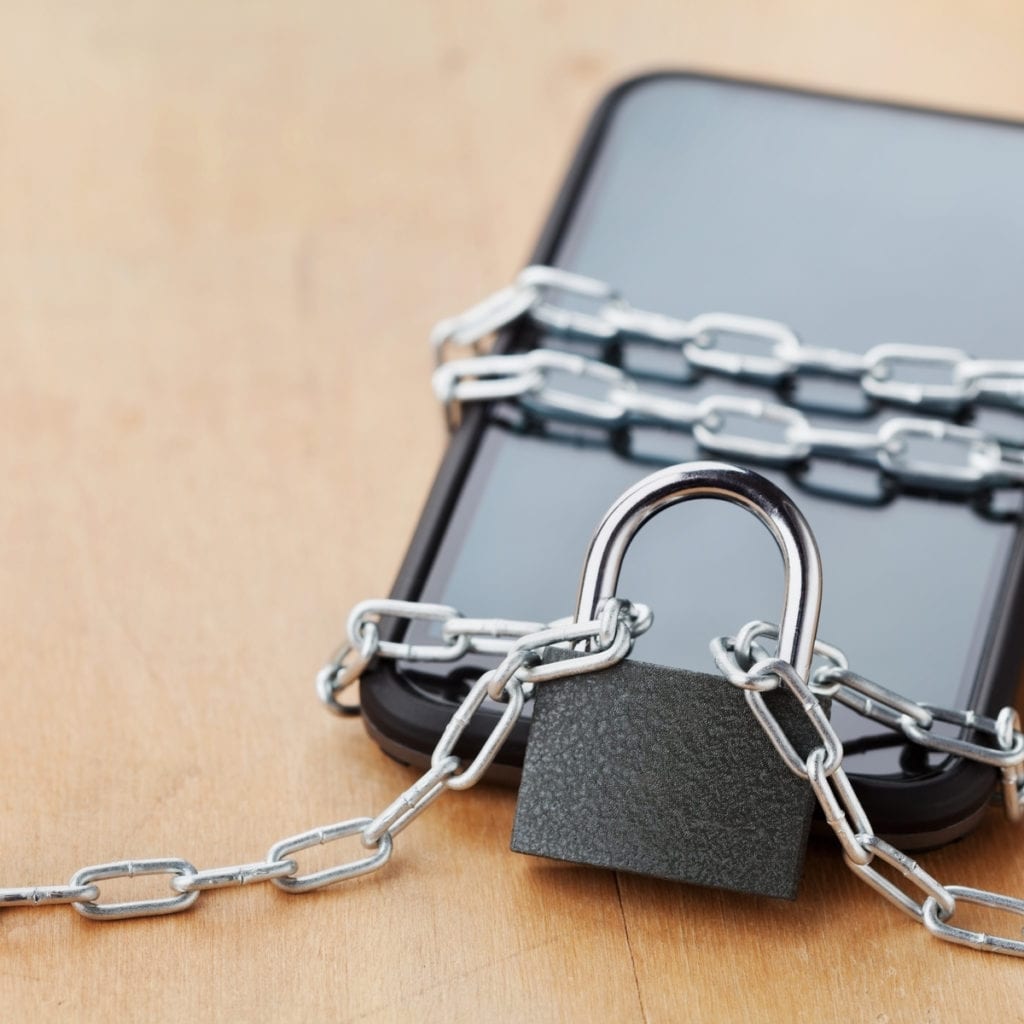
Whether you consider yourself an addict or just someone who spends way too much time on social media, you’ll probably derive a great deal of benefit from a detox.
A social media detox is a period during which you abstain from using social media apps. It’s designed to help you develop a greater degree of control when it comes to your social media habit.
Here’s how to give yourself a social media detox:
Step 1: Set a time frame
How long do you plan on abstaining from social media? A week? Two weeks? Set a time frame and stick to it.
Step 2: Tell your friends
Let your friends know that you’re planning on taking a break from social media for a while. This will help accomplish a couple of things. First of all, it will help let people know where you’ve disappeared to while you’re on hiatus. Secondly, it will help keep you accountable during your detox if you find yourself being tempted to revert to your old ways.
Step 3: Delete your social media apps from your phone and devices
Don’t rely on willpower during your detox. The process will be simpler and more effective if you remove temptation and prevent yourself from accessing social media apps on your devices.
This involves deleting social media apps from your smartphone and other devices. If the thought of doing this leaves you feeling anxious, take a few deep breaths and remind yourself how easy it will be to reinstall these apps once your detox is over.
Long-term strategies for success

After your detox is over, there are a few things you can do to help foster a less addictive relationship with social media:
Monitor your usage
It’s important to have a clear sense of how much time you spend using social media apps each day. There are apps available that can help you figure this out. One example is Moment, an app that’s offered on both Android and iOS. This tool will help you determine how much time you spend each day interacting on social media. It will also show you which social media apps get the lion’s share of your attention.
Give your devices a bedtime
Set a time each night at which you’ll stop using your devices and connect them to a charging station. For example, if you were to give your devices a bedtime of 7 pm, that means you’d stop using them at this time every night, regardless of how late you stay up.
Charge the devices in a room other than your bedroom. This well help you avoid temptation by making them less accessible to you during the night.
Invest in a real alarm clock
Many of us use our phones as an alarm clock. This is certainly convenient, but going this route encourages you to scroll through your phone and check your social media accounts the minute you wake up. Instead of relying on your phone, use an alarm clock to get you out of bed in the mornings.
Benefits of limiting your social media use

Here are some benefits of limiting your social media usage over the long term:
More free time
By spending less time on social media, you’ll have more time to spend on other activities. You can use this time engaging in activities that are more enriching and productive. For example, you can spend more time connecting with your friends either in person or on the phone. You can do more reading, take up a hobby or begin a mindfulness meditation practice.
Less anxiety and stress
Social media usage can trigger many different types of anxiety. By limiting your usage, you’ll pave the way for a more stress-free life.
More time spent living in the moment
When we’re on social media, we’re either reflecting on the past or thinking about the future. Reducing our social media activity may encourage us to live in the present and place our attention on the here-and-now. Doing so can help us lead a life that’s more focused and intentional.
Next steps
Now that you know how to implement a social media detox, take the plunge. Making the effort to curb your social media usage can have a powerful effect on your daily life. It can help reduce social media stress and give you more time to focus on the things in your life that matter most.
Nourishing food can support your mental health and assist you in your effort to live a happier, more balanced life. Fresh N Lean can ship organic, healthy meals right to your door. Our food is chef-prepared, and we offer meal plans that range from vegan to keto.
Fresh N Lean is the nation’s largest organic meal delivery service. Our tasty, chef-prepared cuisine is always fresh and never frozen, and we offer convenient meal plans like Protein+, Keto, Paleo, Standard Vegan and Mediterranean. Choose Fresh N Lean for affordable nutrition, delivered to your doorstep.

